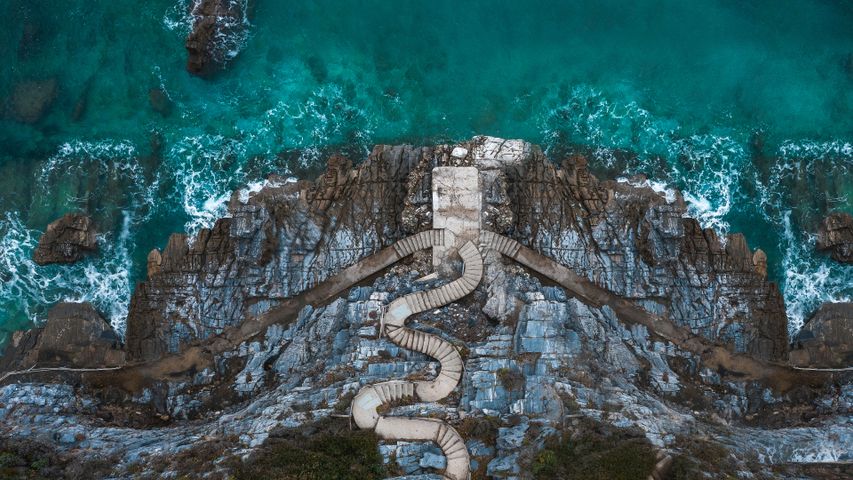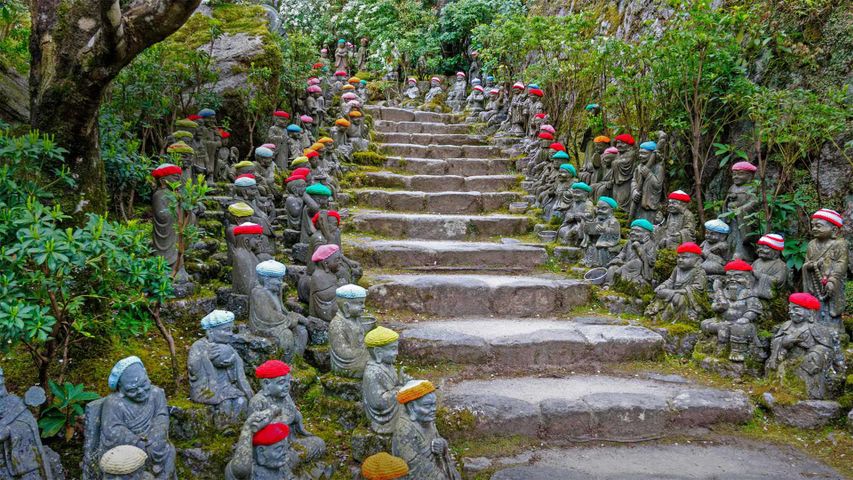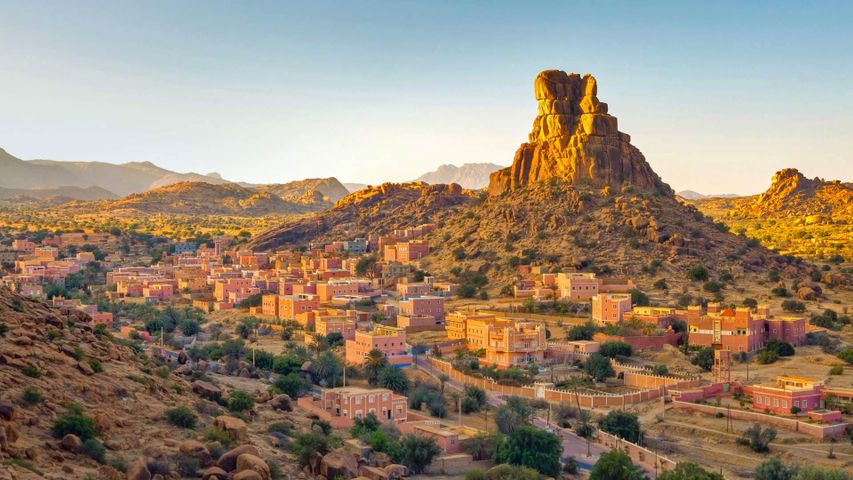Aït Benhaddou, Atlas Mountains, Morocco
© Alex Cimbal/Shutterstoc
At the gates of the 'ksar'
At the eastern edge of the Atlas Mountains in Morocco, Aït Benhaddou stands suspended in time. The ancient mud-brick 'ksar' (fortified city) was first built roughly 1,000 years ago, catering to travellers along the former caravan route between the Sahara Desert and the city of Marrakech. As a prime example of Moroccan earthen clay architecture, Aït Benhaddou has been a UNESCO World Heritage Site since 1987. It's no longer teeming with the large numbers of people who once lived there. But there are small markets and a few families within the ancient city who cater to the visitors who come to walk its historic streets. As a symbol of Morocco's enduring history, Aït Benhaddou would be a fine place to reflect upon the events of January 11, 1944, when Moroccan nationalists issued a public proclamation calling for the independence of their country, an audacious action that sparked the movement that would end colonialism by 1956.
Related Images
Bing Today Images


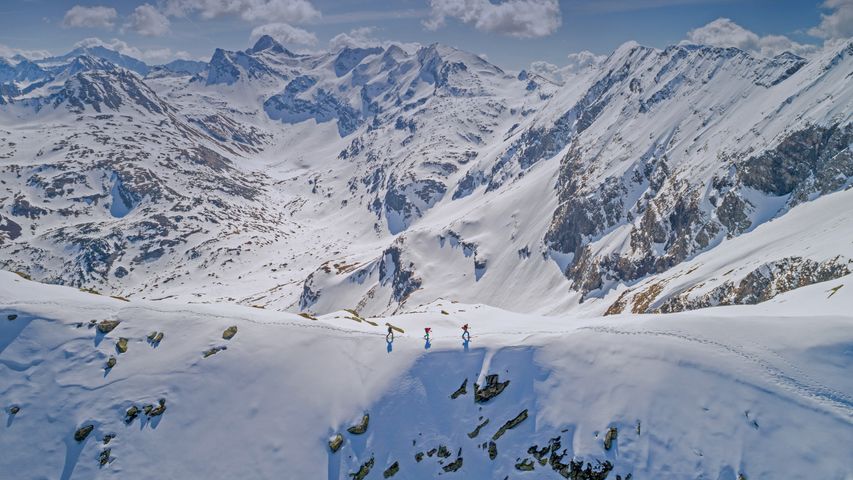
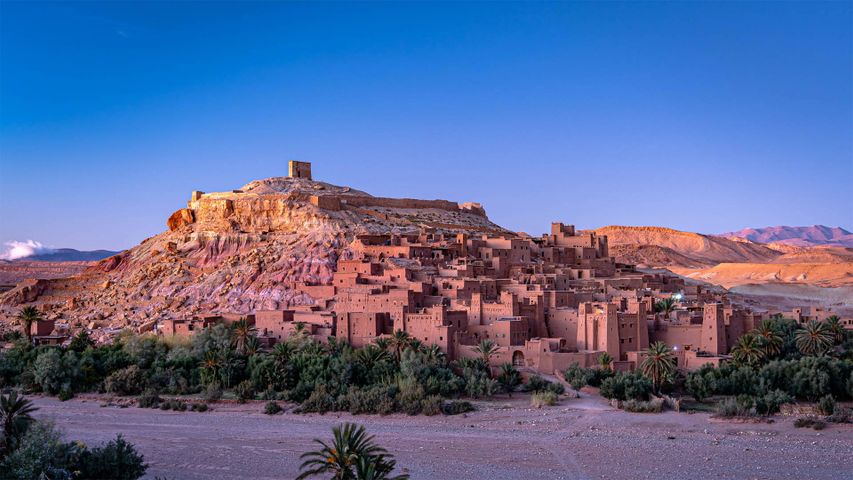
 Delicate Arch, Arches National Park, Utah, United States
Delicate Arch, Arches National Park, Utah, United States
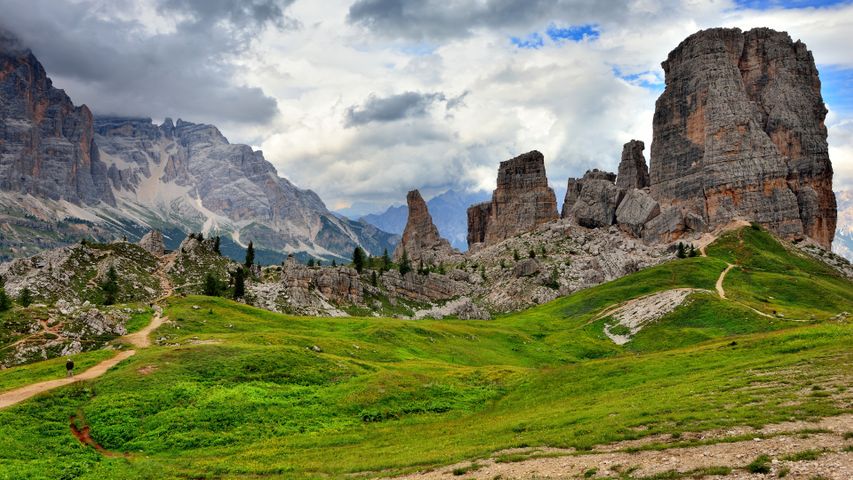 Cinque Torri, Dolomites, Italy
Cinque Torri, Dolomites, Italy
 Chisos Mountains, Big Bend National Park, Texas, United States
Chisos Mountains, Big Bend National Park, Texas, United States
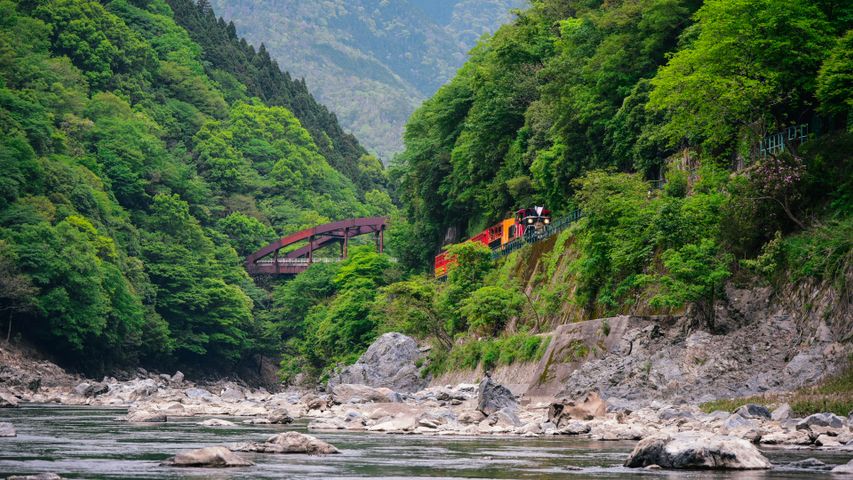 A train running along Hozugawa River in Arashiyama, Kyoto, Japan
A train running along Hozugawa River in Arashiyama, Kyoto, Japan
 Mount Burgess and Emerald Lake in Yoho National Park, British Columbia, Canada
Mount Burgess and Emerald Lake in Yoho National Park, British Columbia, Canada
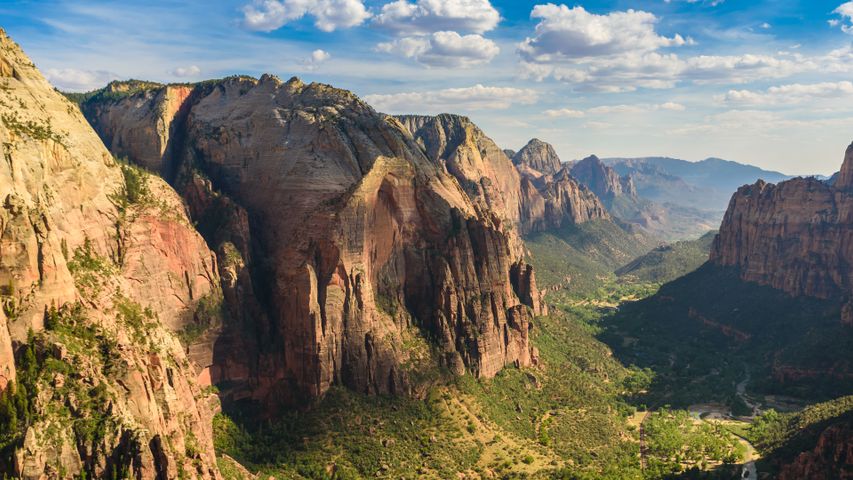 Zion National Park, Utah, United States
Zion National Park, Utah, United States
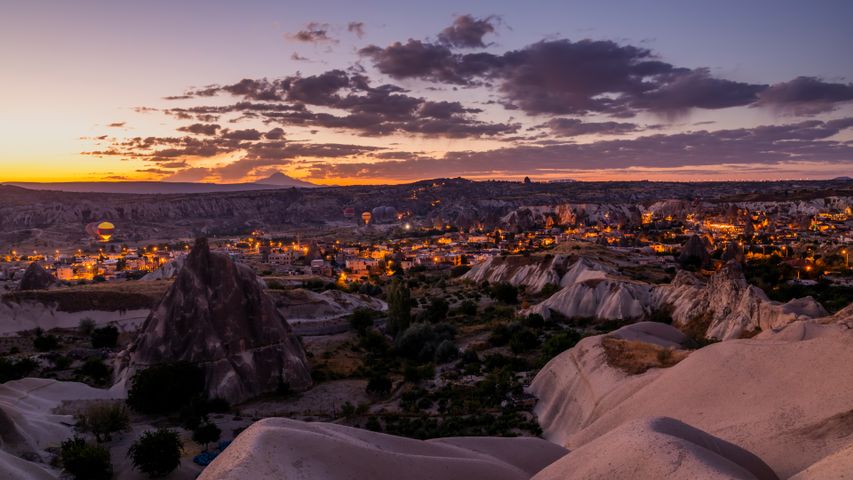 Hot air balloons over Göreme Historical National Park in Cappadocia, Türkiye
Hot air balloons over Göreme Historical National Park in Cappadocia, Türkiye
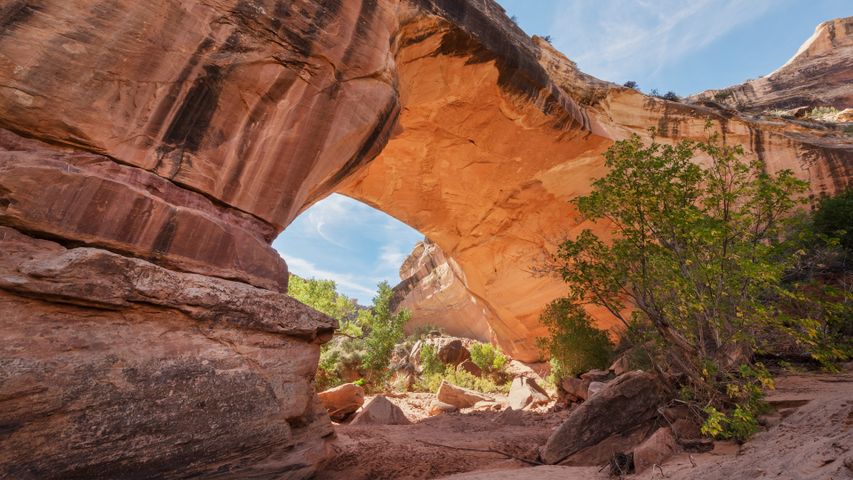 Kachina Bridge, Natural Bridges National Monument, Utah, United States
Kachina Bridge, Natural Bridges National Monument, Utah, United States
